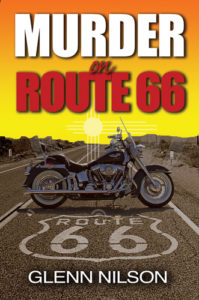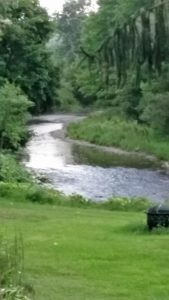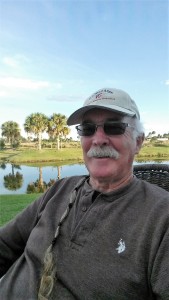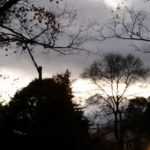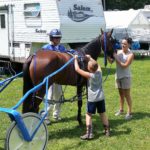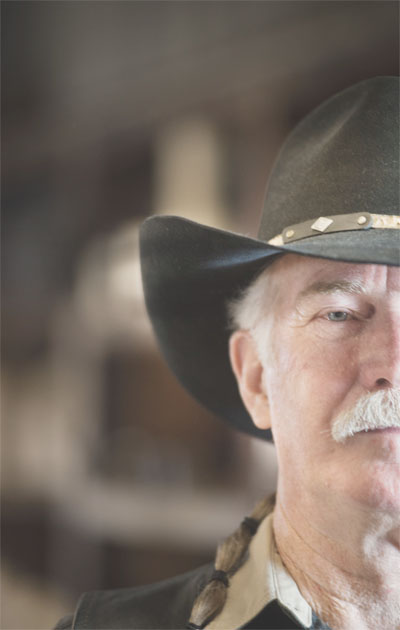These days I’m hearing and reading a lot about people lying. Worse, I hear it’s becoming normalized. It’s in our ads, the statements salespeople and contractors make. Top government and business officials seem to do it with impunity. While lying for self-interest is not new—e.g. the ancient principle of caveat emptor—its current normalization has me concerned for several reasons. Obviously, I want to be able to trust elected officials who work for us, and for the good of the country. I want to receive the value for which I pay when I buy something. But most important, I want to know truth is still an important value in our country, not an antiquated bit of culture. Sometimes people lied when I was growing up. At the same time, a person’s word was supposed to mean something. A deal could be sealed with a handshake. If you were caught lying, you got punished.
Now, this concern may seem strange coming from someone who places so much importance in writing fiction. I’ve heard fiction writers referred to as people who lie for a living. But, I think that’s far from the truth. It would be a lie to write something, claiming it was true when it was not. That would be unethical. It would also violate the point of fiction. Fiction is an effort to capture more than a literal snapshot of some people or event. Fiction is an attempt to say something about life, about people, about ideas principles—and truth. Truth of character. Decent behavior. Justice. Things which we should care about.
I write murder mysteries. But, they are always more about personal and social crisis and response. And, good wins out. They are works of fiction I’ve crafted to say something about people, communities, situations and events. My protagonist, Bobby Navarro, is a fictional character, but he is not a lie. His stories support decency, not murder. I don’t want to see lying normalized. That would be giving up on ideals I think important to us and to society. Any thoughts on the matter?
